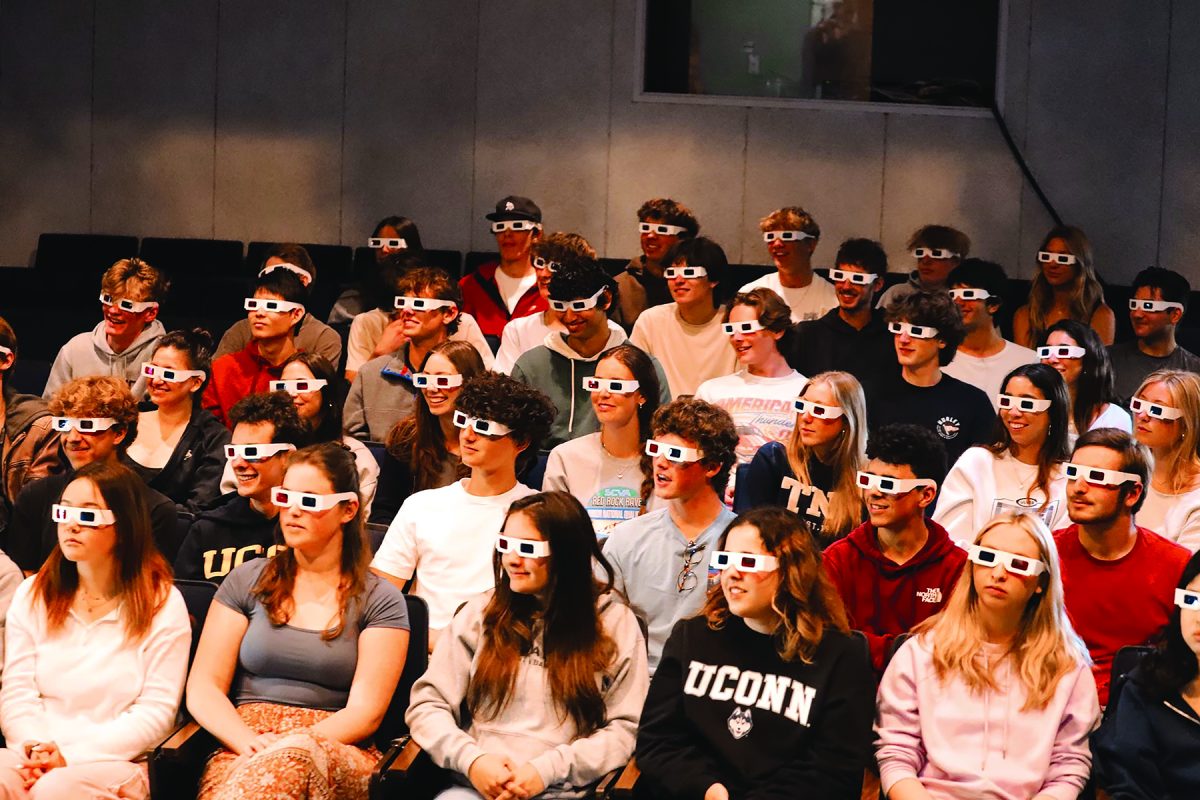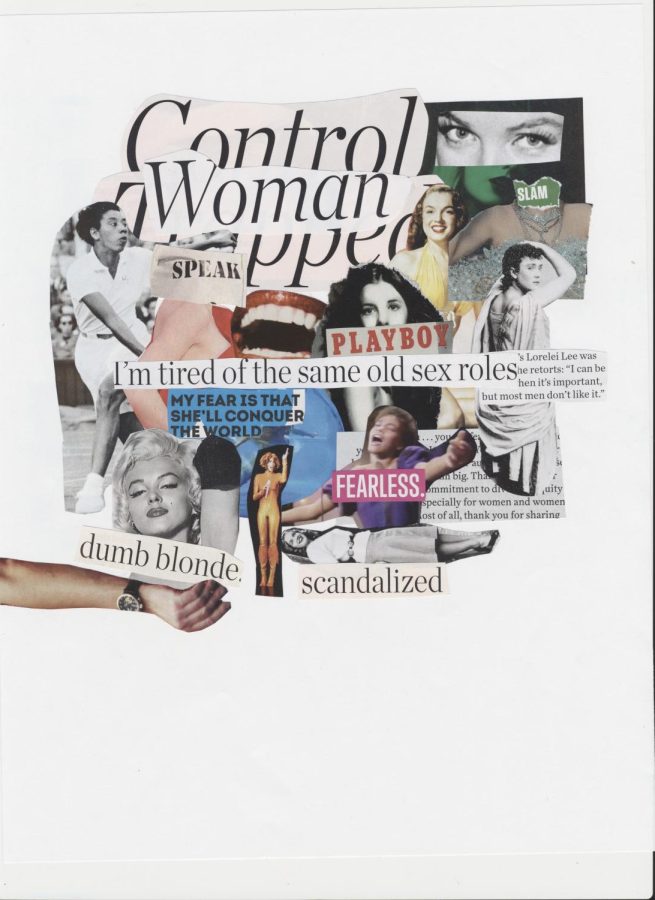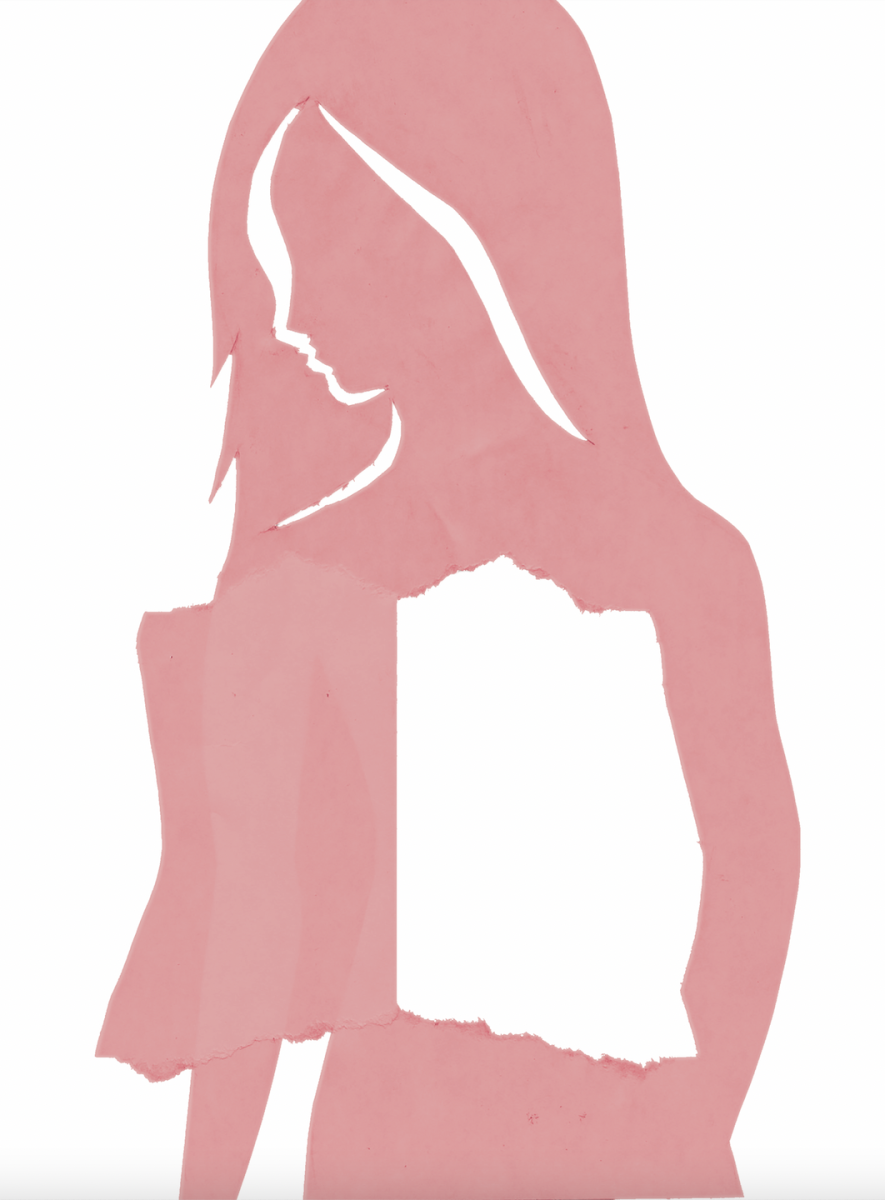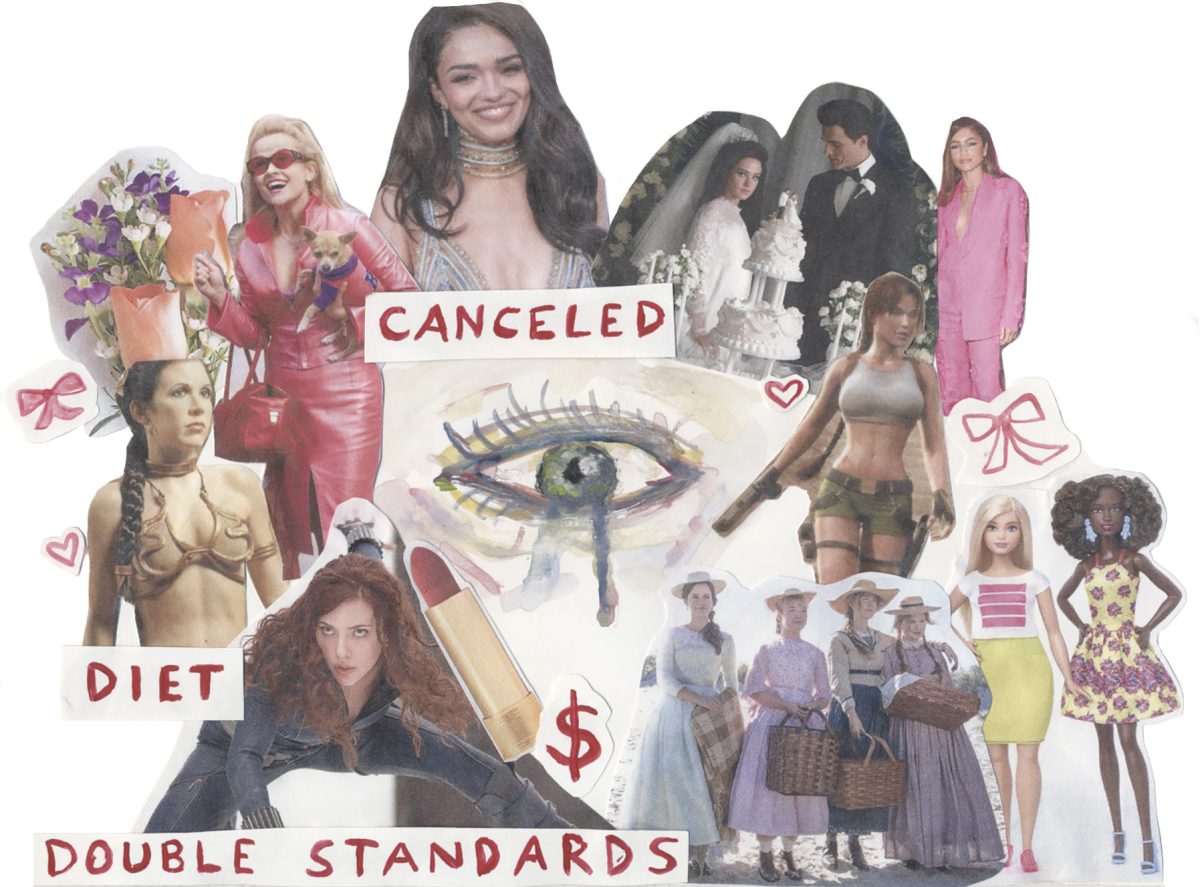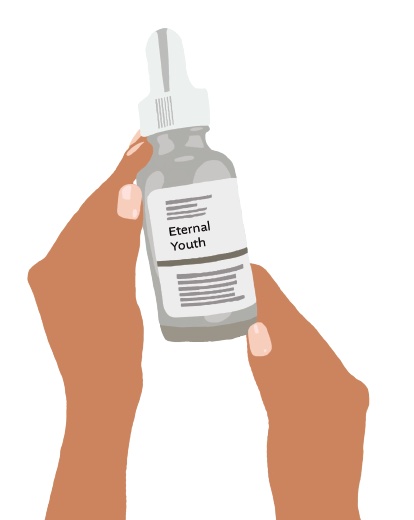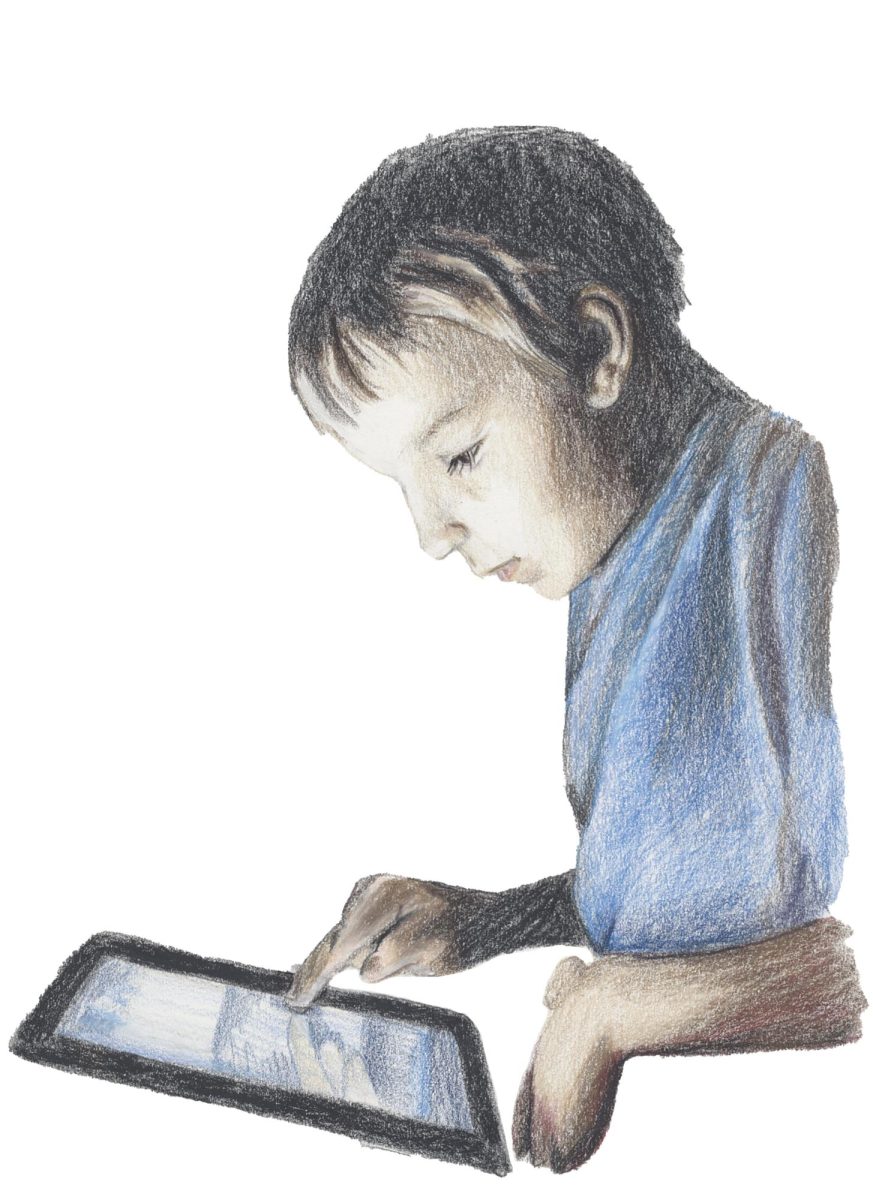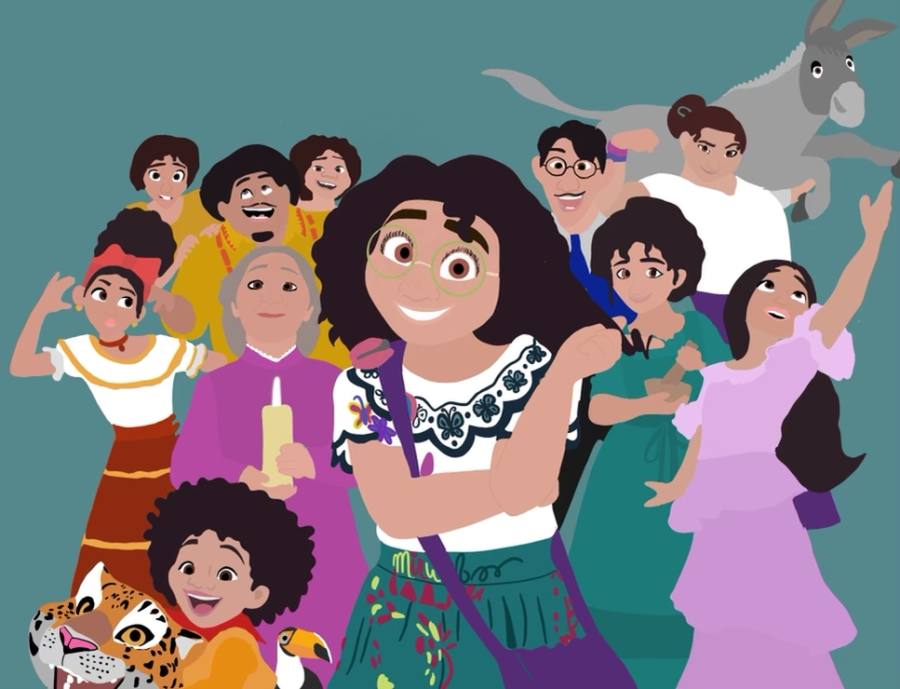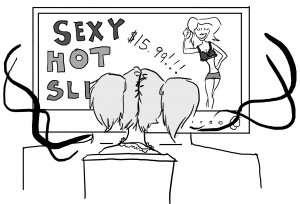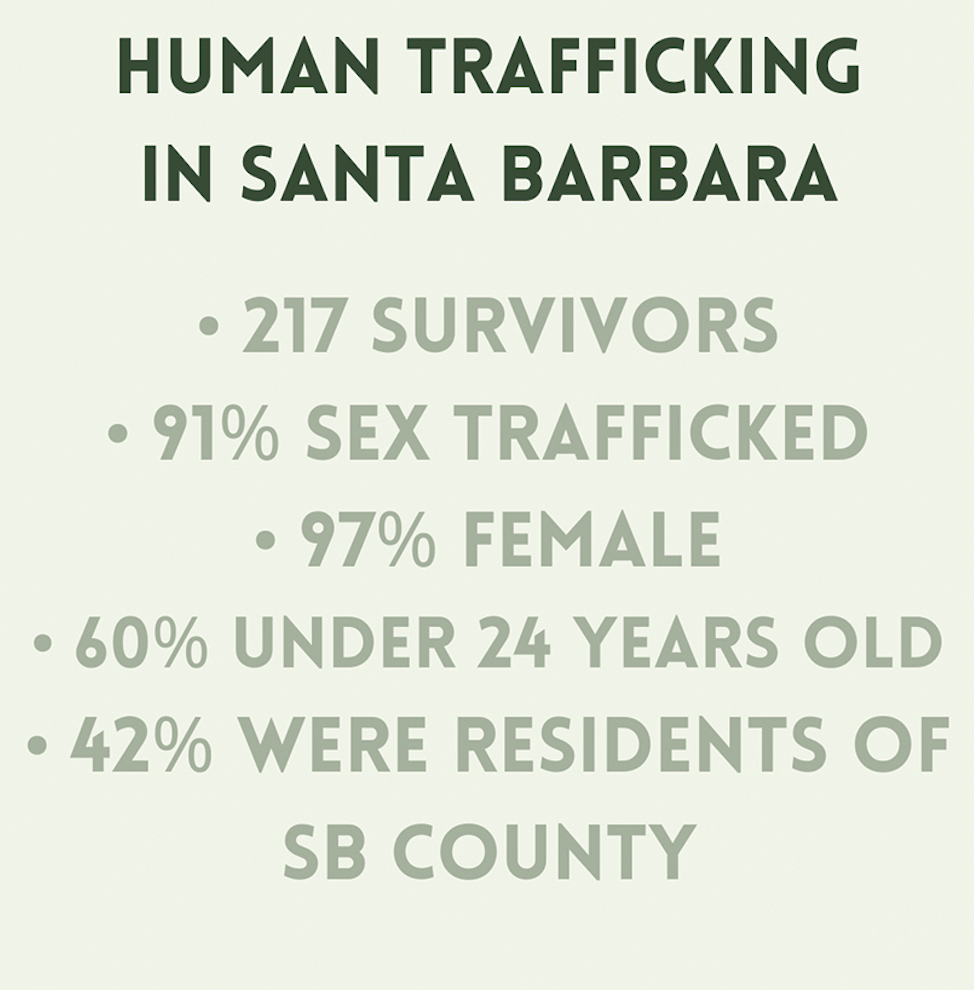We, as consumers, are continually bombarded with images of women that are demeaning, offensive, and unrealistic—images that tell women they need to be thinner, softer, smoother, taller, and bustier.
“In a world of a million channels, people try to do shocking things to break through the clutter,” says Jim Seyer, CEO of Common Sense Media, “they result to violent, sexual, and demeaning images.”
“Miss Representation,” a recently released documentary created by Jennifer Siebel Newsom, explores the prevalence of the objectification of women in the media and the effect it has on young people.
When the Fourth Estate staff watched the trailer for “Miss Representation,” we were shocked by the stories of many young girls who felt pressured to live up to the impossible standard set by the media and the images they broadcast.
“There is no appreciation for women intellectuals. It’s all about the body and not about the brain,” said Ariella, a high school student in the movie.
The consequence of the impossible body standard put forth by the media is dire. “I’ve been worrying about my weight since 5th grade. Now I am in ninth grade and I am still worrying about my weight,” said Urenna, a 15-year-old.
In addition to prioritizing appearance, the media continually harass even the most powerful women in the world about their wardrobes and body shapes.
A female Fox News reporter described Hilary Clinton as looking “haggard and like she was 92-years-old” on national television. Throughout the 2008 election, Hilary Clinton was referred to as “The Bitch” and Sarah Palin was labeled “The Ditz.”
Political beliefs aside, the use of terms like these to describe hard-working, educated women should not be tolerated.
The media’s targeting of women politicians is likely correlated to the lack of females in public office.
Growing up, an equal number of boys and girls want to be president, but by the time they reach age 15, a large disparity arises (“Miss Representation”).
Although women make up 51 percent of the population, they comprise only 17 percent of Congress (“Miss Representation”).
“If media is derogatory to the most powerful women in the country, then what does that say about media’s ability to take any woman seriously?” said Jennifer Pozner, Executive Director of Women in the Media and News.
The Fourth Estate staff was inspired to act, wanting to spread the word about “Miss Representation” and to encourage our community to reject the objectification of women in the media.
For our double page in this issue (pages 8 and 9), we researched the effect of negative media on female students and women’s health. We also explored whether men are objectified in the media as frequently as women.
We realized that we, as a news source, can make efforts to change the media harassment of successful women.
We decided to celebrate the accomplishments of these women instead of dissecting their appearances.
The staff highlighted successful young women at Laguna Blanca. We asked female faculty members to select female students who are creative, compassionate leaders in the community and who are not afraid to voice their opinions or break away from accepted trends (page 5).
We encourage all members of our community to act. Consumers have the ability to challenge negative media and to demand the positive representation of all people in advertisements, the news, and in our everyday lives.
You Can’t Be What You Can’t See
November 29, 2011
0
Donate to The Fourth Estate
$50
$500
Contributed
Our Goal
Your donation will support the student journalists of Laguna Blanca School. Your contribution will allow us to purchase equipment and cover our annual website hosting costs.
More to Discover









